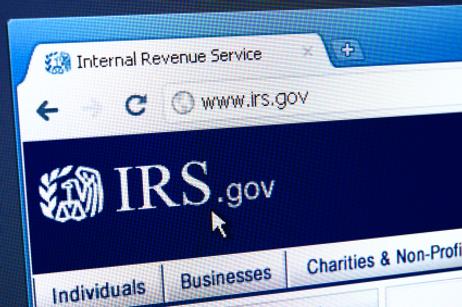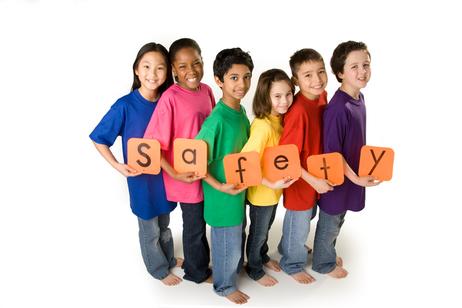We parents hold our breath as our children enter the teenage years. They face so many temptations. They cope with so much peer pressure. Popular culture bombards them with notions of what is acceptable and what's cool. What's a parent to do? Sometimes it seems as though we are swimming against the tide. A very strong tide.
Regardless of what pressures our teenagers face, our job as responsible parents is to teach our children that there will be consequences for their actions. Some consequences are positive. Others will be negative. For example, when our teenagers learn to drive, they are taught that it is illegal to run a red light. Or to drink and drive. Those consequences seem pretty obvious. Most teenagers, but not all, tend to obey those basic rules. That's the point. We try very hard to teach our teenagers that rules are there for a purpose. You perhaps many not agree with the reason for the rule. You do, however, have to be aware of the rules and obey them.
But what about the consequences our children might face for breaking the rules in a private school? You see, private and public schools are very different when it comes to discipline. The difference between public and private schools becomes even more noticeable when handling big issues such as substance abuse, among other disciplinary matters. Most private schools will have immediate consequences for



































